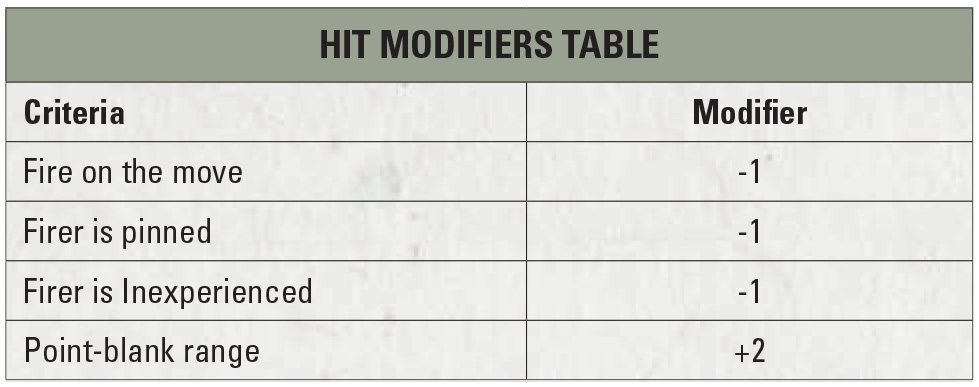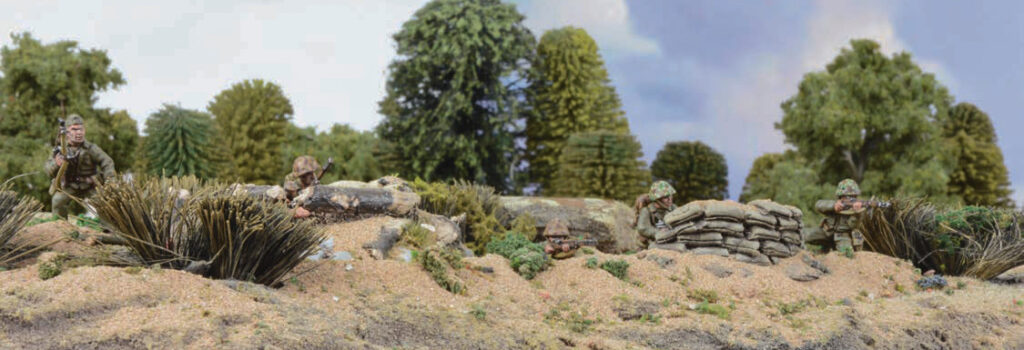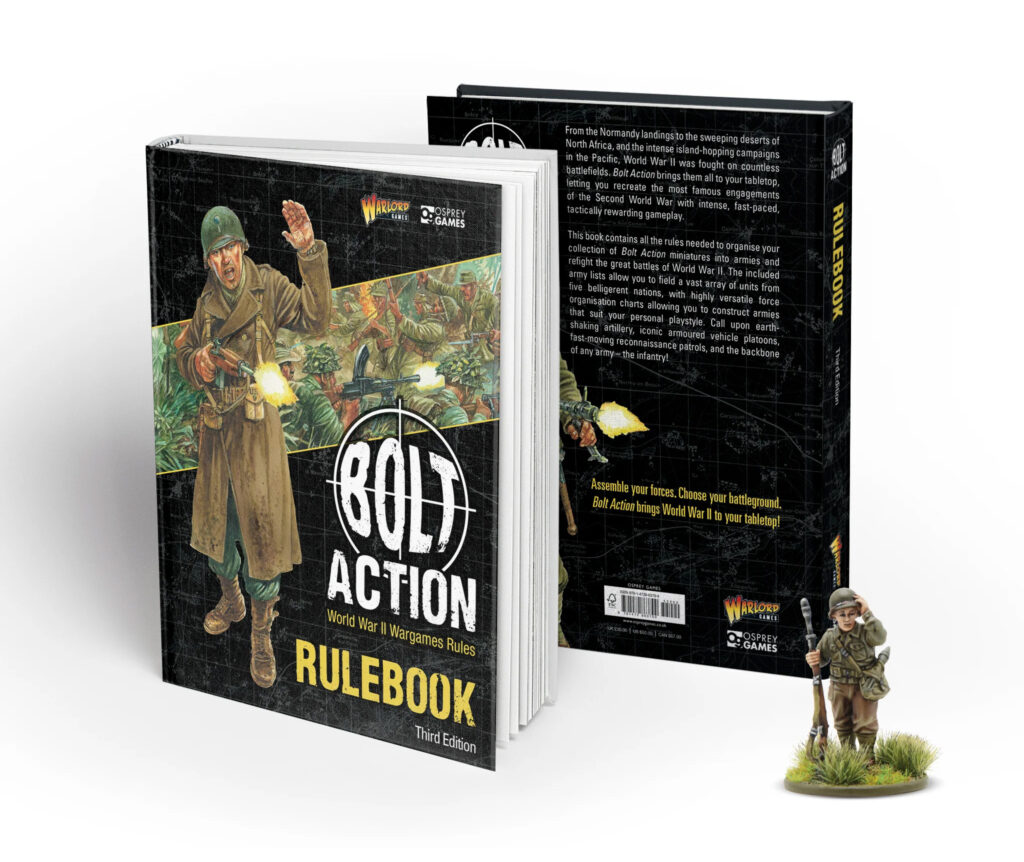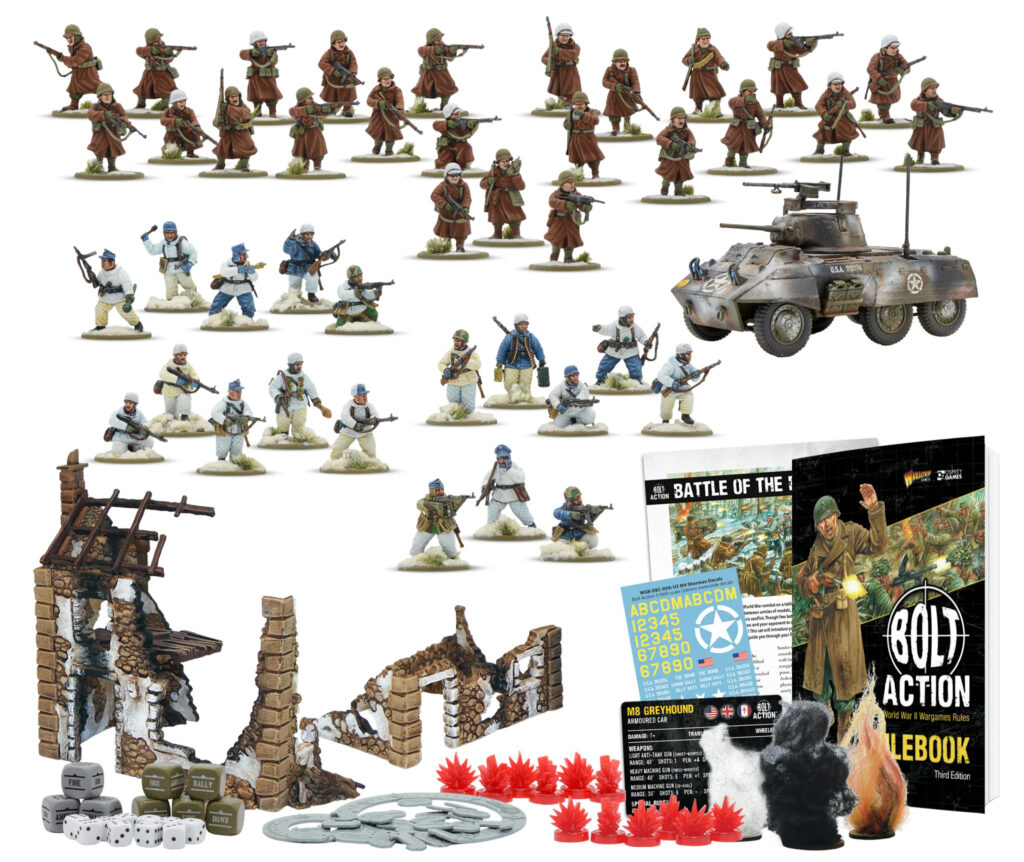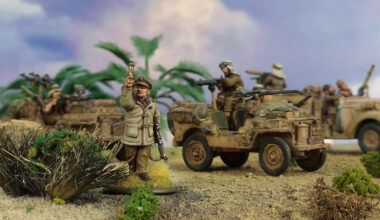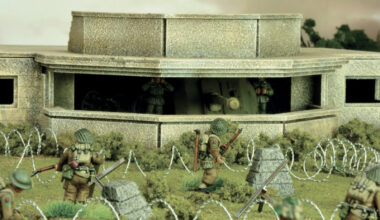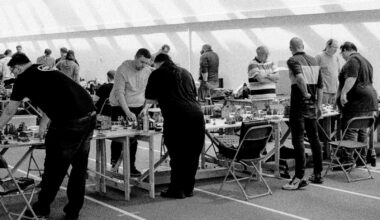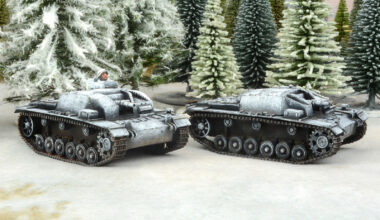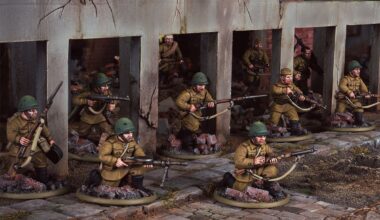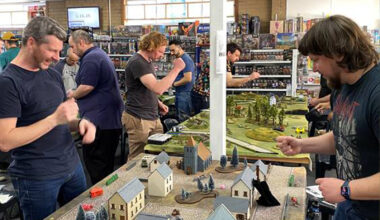Whether you’re a Bolt Action veteran or just joining us for the first time, the main thing you need to know is – shooting in Bolt Action is really simple! You roll to hit, roll to damage, and then your target takes cover saves – couldn’t be easier, right?
Wait, what? Did you just say ‘cover saves’?
That’s right! One of the biggest changes coming with Bolt Action: Third Edition is the introduction of cover saves, and a revamp of the ‘to-hit’ mechanic. Let’s look at it all in more detail!
The first thing we can see is that there are significantly fewer potential modifiers to that roll than in Second Edition – this massively helps speed up the shooting phase, as you only need to take into account the situation of the firing unit to work out the hit roll, but doesn’t remove any of the detail when used alongside the cover save system. It was massively important to us during the development of Bolt Action: Third Edition to streamline the rules wherever possible, without compromising on depth. Cover saves are a prime example of this approach, and you can see many other similar touches throughout the new edition.
So, how do cover saves work? What do they mean for our beloved game? Fear not – all shall be explained… immediately! At their core, cover saves are really simple and intuitive – if your unit’s in cover, they’ll get a chance to ‘save’ any wounds they might receive from shooting attacks! This represents incoming rounds striking intervening terrain or narrowly missing your troops as they hunker down and get behind anything remotely solid-looking. Naturally, a shrubbery won’t provide as much protection from bullets as a brick wall or concrete bunker – there are degrees of cover! – and your units can also use a Down order to make the most of any available protection, even when it looks like there might be none at all. Let’s look at the types of cover available to us on the tabletop:
Pretty simple, right? Essentially what’s been done compared to Second Edition is the old single ‘to-hit’ roll with it’s many (many) modifiers has been split out into two much simpler rolls. While it might seem like two rolls would take longer than one, when we were playtesting we actually discovered that it takes about the same length of time, and reduces the amount of time spent calculating the desired result. The firing player only needs to worry about what their unit is doing, and the cover saves are worked out by the player whose unit is being shot at! By making the rolls simpler, you’ll have more time to concentrate on your next move!
Now you might be wondering – why do we take cover saves after rolling to damage? Shouldn’t it be the other way around? We’ll let you in on a little secret – we playtested this an absolute ton and it simply doesn’t matter, mathematically! In the end, we decided to have cover saves after the damage role as it’s more in line with the classic wargaming convention of ‘hit-wound-save’, and provides a clear progression where the attacking player rolls their dice, and then the defender rolls theirs! When you open your rulebook, you’ll see there’s a little section that discusses exactly this, and provides an optional rule for players that might prefer to roll their cover saves before damage.
Oh, and there’s one other thing you should know – when you get your rulebook at the end of September and turn to the ‘Shooting’ section, you’ll notice another change – the ‘base’ roll to hit is now a 4+!
So what does this mean in terms of Bolt Action gameplay? Well, the first thing we see is that with the removal of many of the modifiers, it’s easier to hit units in general, meaning that without the benefit of cover casualties can quickly pile up, and pins are a little easier to come by (you’ll note in the book that Pins are applied after hits but before cover saves!). This means that open ground is a dangerous place to be caught – just as it was in real life – and rewards tactical play and use of all available cover rather than a blind charge across the table. Remember, the ‘Small Teams’ rule from Second Edition no longer exists, so make sure you get your Officers some extra friends, and keep those Bazooka and Flamethrower teams in plenty of cover until they’re needed! There are also some weapons that ignore cover completely – perfect for digging out a stubbornly entrenched unit – that you’ll need to keep an eye on!
There are also some other changes that we’ll touch on in later articles, and some that you’ll just have to wait until your rulebook arrives to find out about (we don’t want to spoil all the surprises, after all), but that’s a broad overview of some of the major changes to this crucial phase of Bolt Action – you can start to see now how all these little and not-so-little tweaks are stacking up to produce the best edition of Bolt Action ever!


